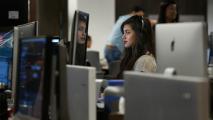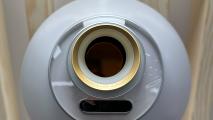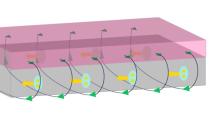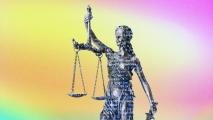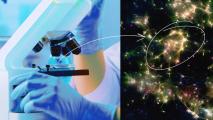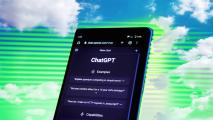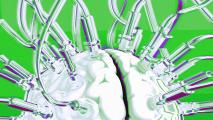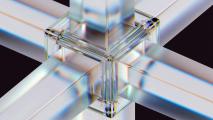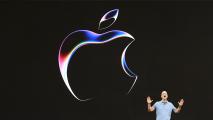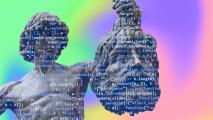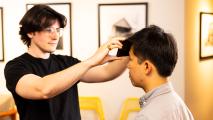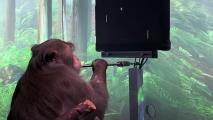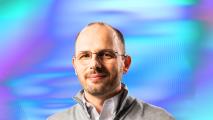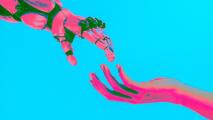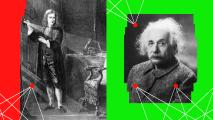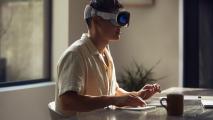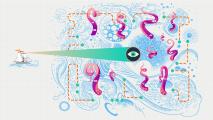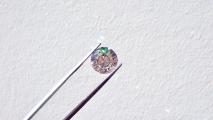
The Digital Frontier
30 years ago, the Internet opened up a new frontier, and today we’re all citizens of a digital Wild West, where how we live, work and govern is changing everyday.
More
Simple superconducting device could dramatically cut energy use in computing
Scientists have created a simple superconducting device that could transfer current through electronic devices much more efficiently.
Hackers get AI to share credit card info and endorse hate speech
At DEFCON 2023, ethical hackers targeted generative AIs by OpenAI, Google, and other tech leaders to aid responsible AI development.
Australian military is funding a computer chip merged with human brain cells
The Australian military is funding research into “organoid intelligence” that involves stimulating lab-grown mini-brains with electrodes.
Gliding, not searching: Here’s how to reset your view of ChatGPT to steer it to better results
To have a productive session with ChatGPT, think of it as a glider that takes you on journeys through knowledge and possibilities.
Brain-computer interfaces could let soldiers control weapons with their thoughts
Brain-computer interfaces raise many ethical questions about how and whether they should be used for certain applications — including war.
Where next for crypto and the evolution of blockchains?
The new book “Data Money: Inside Cryptocurrencies, Their Communities, Markets, and Blockchains” explores how crypto is made and traded.
Apple has reportedly built its own ChatGPT
Apple is reportedly exploring the potential of generative AI, but hasn’t decided how to incorporate the tech into its products yet.
Open-source “Davids” are taking on GPT-4 and other Goliaths
Powerful tech companies keep LLMs like GPT-4 shrouded in secrecy. But a new wave of open-source LLMs is giving the power of chatbots to the people.
Your smartphone may become a thermometer
Researchers at the University of Washington are developing an app that can turn the ubiquitous smartphone into an accurate thermometer.
Neuralink’s monkey can play Pong with its mind. Elon Musk says human trials are next.
If Neuralink’s monkey can play Pong with its mind, imagine what humans could do with the same technology in just a few years.
GitHub CEO says Copilot will write 80% of code “sooner than later”
GitHub CEO Thomas Dohmke goes in depth to answer questions about how AI-powered development will change the future of innovation itself.
No, AI probably won’t kill us all – and there’s more to this fear campaign than meets the eye
A dose of scepticism is warranted when considering the AI doomsayer narrative — there are commercial incentives to manufacture fear of AI.
To fear AI is to fear Newton and Einstein. There are no “dragons” here.
Who’s afraid of utopia? AI doubters have cold feet. History can warm them.
Apple Vision Pro wasn’t the only major announcement at WWDC23
On Day 1 of WWDC23, Apple announced three new Macs, several new operating systems, and the world’s most powerful personal computer chip.
Apple announces the Vision Pro XR headset
Apple has unveiled the Vision Pro, a VR/AR headset, at their annual WorldWide Developers Conference.
What is an AI black box? A computer scientist explains
AI black boxes refer to AI systems with internal workings that are invisible to us. What are the implications of working without transparency?
4 dangers of artificial intelligence—and why they won’t end the world
AI doomsday fears are vague. This framework for the future of AI offers concrete solutions.
The first 10 minutes of sleep can unlock your creative potential
According to prior research, the first ten minutes of sleep, called N1, can provide a creative boost when it comes to solving problems.
“Please do not assume the worst”: Students want colleges to teach them how to use AI the right way
Students want to work with their communities, universities, and governments to figure out how to engage productively and responsibly with AI.
Supercomputers revealed giant “pillars of heat” funnelling diamonds upwards from deep within Earth
Understanding Earth’s internal history can be used to target mineral reserves – not only diamonds, but also crucial minerals.
Get inspired with the most innovative stories shaping the world around us.
